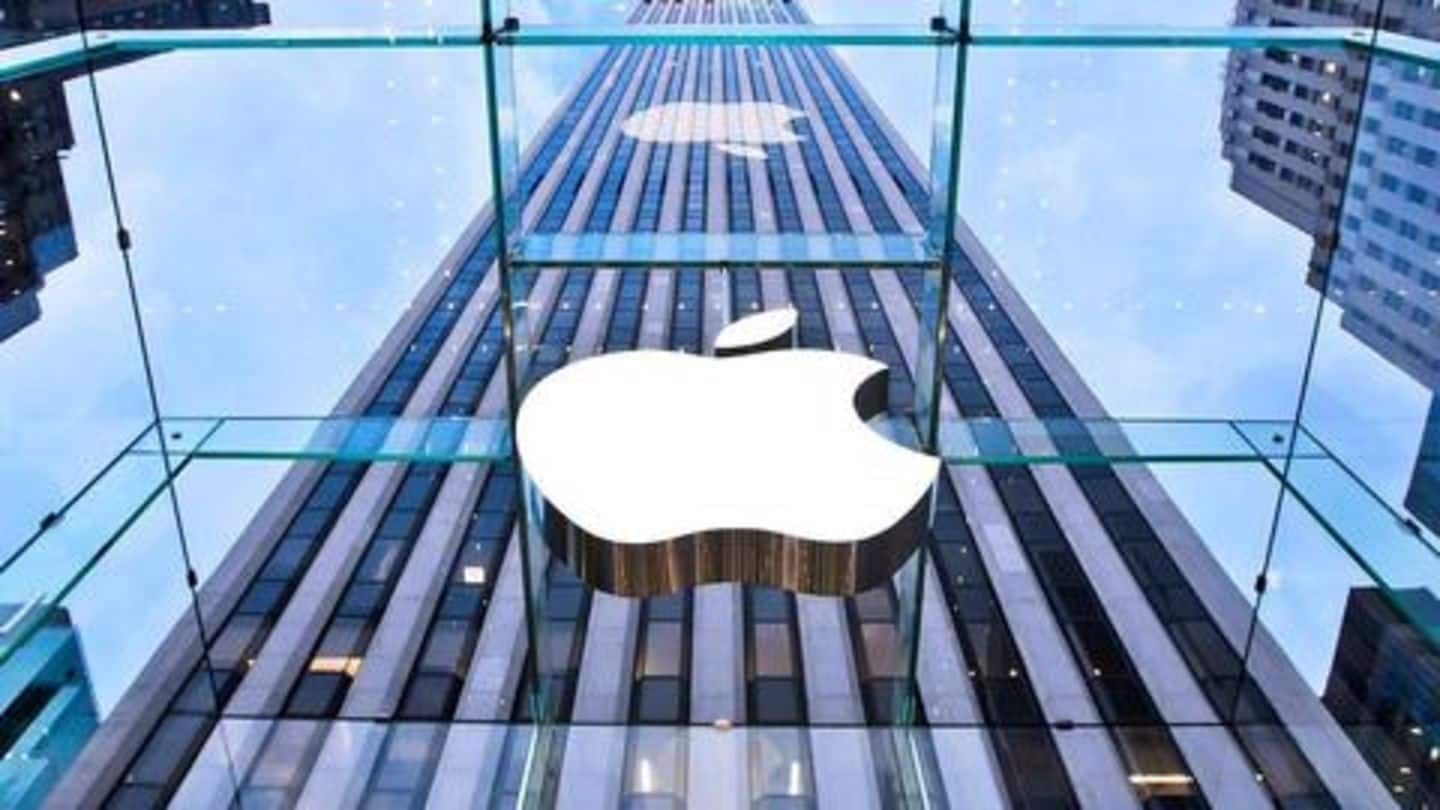
How Apple could prevent foldable iPhones from cracking
What's the story
Following the unveiling of Huawei and Samsung's foldable phones, everyone has started speculating Apple's plan in the arena. Though the company hasn't said anything about the trend of foldables, its patent filings have indicated it's definitely exploring the idea. Now, in a new development, the Cupertino giant has detailed a unique way to prevent a foldable device from cracking up. Here are the details.
Issue
Problem with foldable phones
As many would already know, the biggest issue with developing a foldable/bendable phone is ensuring that its display doesn't crack or break up after a certain period of usage. Although Samsung and Huawei have tested their devices rigorously, but Apple has emphasized in a patent that the hinge of a foldable phone might break due to regular wear and tear, particularly in cold environments.
Information
Low temperature can create display 'stresses'
Notably, a decline in temperature can create stresses to propagate a crack in a glass. This can especially be true for the case of foldable phones, where the display is already being folded/unfolded from time to time.
Solution
However, Apple has developed a unique solution
To avoid such cracks in cold, Apple has suggested heating a specific portion of the display from the inside. "To facilitate bending about the bend axis without damage when the display is cold, a portion of the display that overlaps the bend axis may be selectively heated," reads the patent application filed with the US Patent and Trademark Office (USPTO).
Details
But, how will Apple power this heating system
The unique heating system, as Apple described, may be powered by self-illuminating pixels, a heating element or "other heating structures providing heat to the portion of the display overlapping the bend axis." Notably, the device may also engage a latching mechanism to prevent folding/unfolding in case the temperature goes under a specific level, which might prove annoying for many.
Note
Either way, plans are not officially confirmed
The idea is intriguing, but it is important to note that this is just a patent and there is no way to be sure about the use of this technique or even the development of a foldable iPhone. Apple, like Samsung and other companies, files hundreds of patents every year, but only a few of them actually see the light of the day.